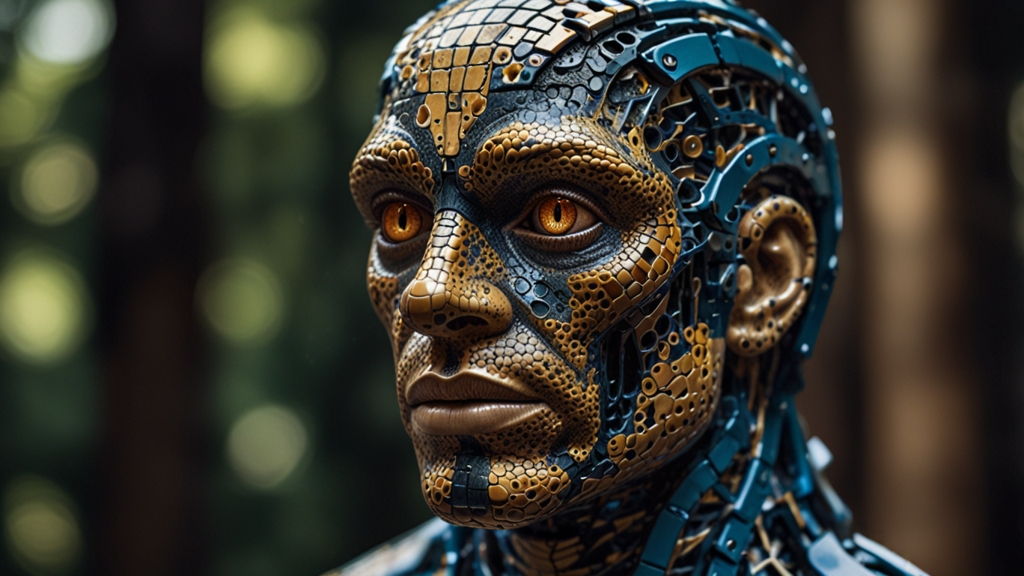The Healing Process: How Vietnam Veterans Found Peace After War
The Vietnam War was a tumultuous and divisive conflict that left deep emotional scars on those who fought in it. Returning veterans faced a society that often did not understand their sacrifices and struggles, leading to a long and challenging journey towards finding peace. Despite the odds, many Vietnam veterans have been able to heal and find solace through various means. This article explores the healing process these veterans have undergone and the methods that helped them achieve peace.
Understanding the Trauma
For many veterans, the first step in the healing process involves acknowledging the trauma they experienced. The war exposed soldiers to intense combat, the loss of comrades, and the moral ambiguities of their actions. These experiences often led to post-traumatic stress disorder (PTSD), depression, and anxiety.
"The hardest part was coming to terms with what I had done and seen. It took years before I could even talk about it without breaking down," recalled one Vietnam veteran.
Understanding the root of their pain is crucial for veterans to begin their journey towards peace. It allows them to see that their struggles are a normal response to extraordinary circumstances.
Support Networks and Counseling
Many Vietnam veterans found some of their greatest allies in fellow veterans. Support groups and counseling services provided by organizations like the Veterans Administration (VA) offered a safe space for them to share their experiences and feelings without fear of judgment. Peer support groups became a lifeline for many, fostering a sense of community and mutual understanding.
"Talking to someone who truly understands what you went through can be incredibly healing. It's like a weight being lifted off your shoulders," said another veteran.
Professional counseling also played a significant role. Therapists trained in trauma and PTSD helped veterans develop coping mechanisms and strategies to manage their symptoms. Techniques such as cognitive-behavioral therapy (CBT) and Eye Movement Desensitization and Reprocessing (EMDR) have been particularly effective.
Creative and Physical Outlets
For some veterans, artistic expression became a powerful tool for healing. Writing, painting, and music allowed them to process their emotions and experiences in a constructive way. These creative outlets provided a means to externalize their trauma and turn it into something tangible and manageable.
Physical activities also contributed to the healing process. Sports, exercise, and outdoor activities like hiking offered not only physical benefits but also mental and emotional relief. Many veterans found solace in nature, where the tranquility and beauty of the environment helped calm their minds.
Service and Giving Back
Another path to peace for many Vietnam veterans was through service to others. By volunteering and engaging in community service, veterans could redirect their focus from their own pain to the needs of others. This act of giving back provided a sense of purpose and fulfillment that was crucial in their journey towards healing.
Forgiveness and Reconciliation
Forgiveness, both self-forgiveness and forgiveness of others, was a crucial component for many. Coming to terms with the past and forgiving themselves for actions taken during the war allowed veterans to release the heavy burden of guilt and regret that many carried.
"I carried so much guilt for what happened. It was only when I forgave myself that I began to find peace," shared a veteran.
Reconciliation with former enemies also proved to be a healing experience for some. Programs that facilitated meetings between American veterans and their Vietnamese counterparts helped to humanize the enemy and foster mutual understanding and forgiveness.
The Journey Continues
The healing process for Vietnam veterans is ongoing. While many have found peace, others continue to struggle. It is important to recognize that each veteran's journey is unique, shaped by their individual experiences and paths to recovery.
As society continues to understand and address the needs of these veterans, we can hope that more will find the peace they deserve. Through acknowledgment, support, creativity, service, and forgiveness, Vietnam veterans have paved the way for future generations to heal from the scars of war.








